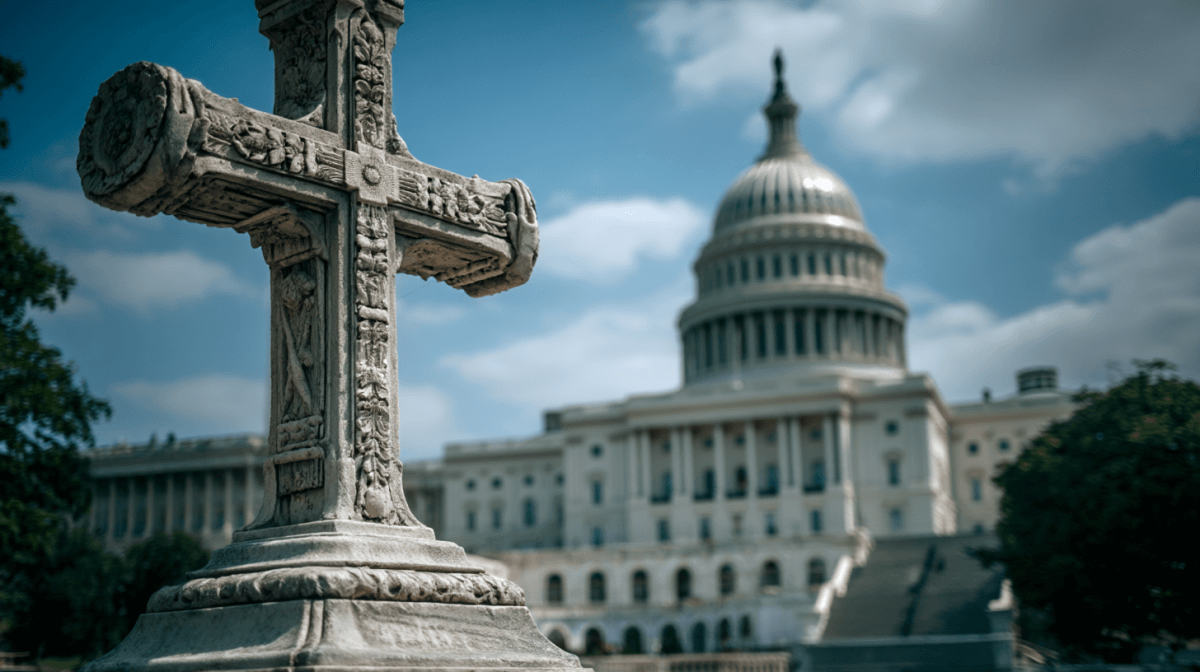The Trump administration has announced the creation of a new federal task force dedicated to combating what it considers a growing concern of anti-Christian discrimination within government institutions. This initiative, spearheaded by former Florida Attorney General Pam Bondi, aims to root out "unlawful anti-Christian policies, practices or conduct" across federal departments and agencies, as well as to rectify any "deficiencies" contributing to perceived discrimination.
"The First Amendment isn’t just a line in the Constitution, it’s the cornerstone of our American liberty," Bondi stated, as reported by the Washington Examiner. "It guarantees every citizen the right to speak freely, worship freely, and live according to their conscience without government interference." The move follows President Donald Trump’s executive order, signed two months prior, which proclaimed an end to what he termed "the War on Christians."
The executive order outlined a clear stance from the administration: "My Administration will not tolerate anti-Christian weaponization of government or unlawful conduct targeting Christians," as quoted from The Post Millennial. Bondi referenced various incidents, alleging that the Biden administration had unfairly targeted Christians, including the arrest and imprisonment of pro-life advocates for peaceful protests outside abortion clinics and the FBI's alleged surveillance of traditional Catholics.
A particularly controversial example cited by Bondi involved a 2023 FBI memorandum that branded "radical-traditionalist" Catholics as potential domestic-terrorism threats, suggesting infiltration of Catholic churches as a countermeasure. The document, which was eventually withdrawn amidst heavy criticism for its reliance on partisan sources, sparked an outcry from religious freedom supporters.
Bondi’s remarks highlighted the Trump administration's commitment to reversing these trends, noting that the Department of Justice had already dismissed cases against pro-life advocates and altered the enforcement of the Freedom of Access to Clinic Entrances Act. She further underlined the necessity of such a task force by mentioning the conviction of an individual in Arizona for plotting to bomb Christian churches, framing it as a governmental duty to safeguard peaceful worship.
Criticism was also directed at Biden's 2024 declaration of March 31 as "Transgender Day of Visibility," which coincided with Easter Sunday, and the increase in church vandalism cases during Biden's term. The Trump administration has made several gestures supporting religious liberty, including hosting Holy Week events and an Easter dinner with faith leaders. During these occasions, Trump reiterated his dedication to religious freedom, emphasizing the nation's motto, "In God We Trust."
This newly established task force is the administration's latest effort to enforce constitutional protections for Christian Americans and confront what it views as ideological bias within the federal apparatus.





